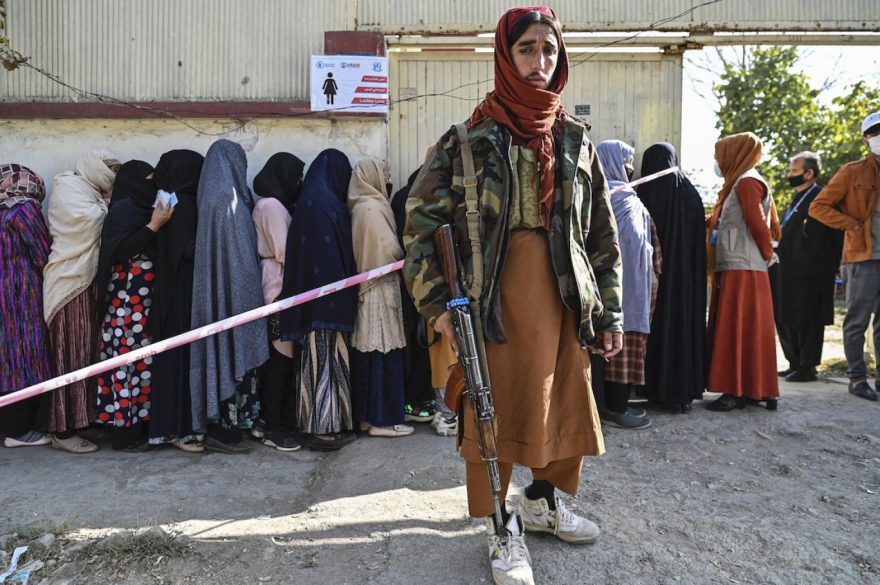
Written By: Mahdi Rezai
Gender apartheid in Afghanistan has been confirmed by human rights activists, United Nations experts, and internationally recognized figures. Over the two years of Taliban rule, numerous efforts were made to prevent gender apartheid in Afghanistan, but the desired results have not been achieved.
Gender apartheid in Afghanistan is imposed in various ways. These include restricting educational and learning opportunities for women and girls, prohibiting women from working and earning a living due to their gender, and limiting the political and social rights of women.
The Taliban administration has taken actions in the past two years that have directly led to excluding women and girls from various aspects of social life. UN experts have described these actions as “systematic and deliberate” attempts to deny women’s rights.
According to the United Nations Human Rights Council, since the establishment of the Taliban regime, over 50 decrees have been issued, each targeting specific aspects of women’s lives and depriving them of their freedoms.
These decrees continue efforts to exclude girls from the educational university space and ban women from working with non-governmental organizations.
Damilola Banjo, a reporter for the international media outlet “PassBlue.” covering women’s issues, wrote in an article titled “Gender Apartheid Happening in Afghanistan Should Be Named an International Crime,” citing UN experts: the goal of using this term, gender apartheid is to turn discrimination against women into an international crime.
Gordon Brown, former Prime Minister of the UK; Graca Machel, Nelson Mandela’s wife; Ziauddin Yousafzai and his wife; Malala Yousafzai’s parents; and the UK’s representative to the UN are among the internationally recognized figures who have confirmed the occurrence of gender apartheid in Afghanistan.
In summary, gender apartheid exists in Afghanistan under the rule of the de facto administration, and efforts to prevent it in the past two years have not yielded the desired results.
Some women’s rights activists have recently gone on hunger strikes in at least four European countries and Pakistan to gain recognition of gender apartheid in Afghanistan by the global community. While reports confirm the existence of gender-based apartheid by the Afghan government, international courts and the global community have not officially recognized it.
Preventing gender apartheid at the national level may be possible if the system and authorities do not directly promote gender-based apartheid ideology and support committees and organizations opposing it. However, the Taliban government has been directly accused of enforcing gender apartheid, and resorting to international courts may be the only possible solution.
Recognizing gender apartheid in Afghanistan by the United Nations and the global community will compel some international courts to prosecute those responsible, and the reluctance of countries to recognize this issue officially is a significant obstacle to efforts to prevent continued gender apartheid.
International courts, such as the International Court of Justice and the International Criminal Court, can place those responsible for gender apartheid under judicial scrutiny.
These courts are responsible for adjudicating and prosecuting international crimes, and if gender apartheid is recognized, they can try and punish offenders.
This post was originally published on this site be sure to check out more of their content.








